detail profile abdias nascimento
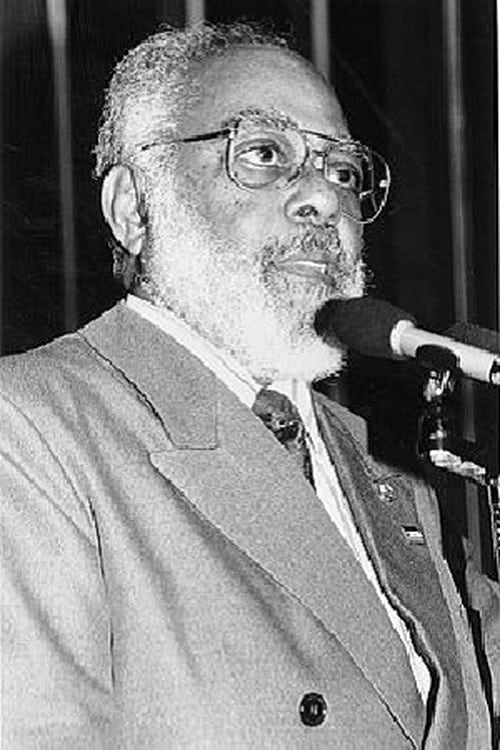
Abdias Nascimento
Abdias Nascimento
atau dikenal sebagai
Riwayat Hidup
Abdias do Nascimento (March 14, 1914 – May 23, 2011) was a prominent African Brazilian scholar, writer, visual artist, politician, poet, actor, playwright, and Pan-African activist, who created the Black Experimental Theater (1944) and the Black Arts Museum (1950), organized the National Convention of Brazilian Blacks (1946), the First Congress of Brazilian Blacks (1950), and the Third Congress of Black Culture in the Americas (1982).
Professor Emeritus, State University of New York at Buffalo, he was the first Afro-Brazilian member of Congress to champion black people's human and civil rights in the National Legislature, where in 1983 he presented the first Brazilian proposals for affirmative action legislation.
Info Pribadi
Peran Yang Di Mainkan Abdias Nascimento
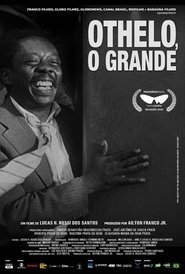 A beautifully told story using archival...
A beautifully told story using archival...Othelo The Great 2024
A beautifully told story using archival footage to explore the life of Grande Otelo, a groundbreaking Black Brazilian actor. Overcoming poverty and racism, he built a stellar career, facing controversy yet using it to challenge prejudice.
 Between scenes from his concert in...
Between scenes from his concert in...Emicida: AmarElo - It's All for Yesterday 2020
Between scenes from his concert in São Paulo's oft-inaccessible Theatro Municipal, rapper and activist Emicida celebrates the rich legacy of Black Brazilian culture.
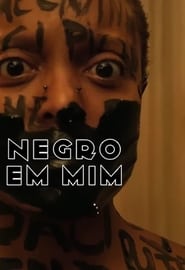 Negro em Mim is an investigative...
Negro em Mim is an investigative...Negro em Mim 2020
"Negro em Mim" is an investigative documentary with black artists and thinkers in Brazil today. A portrait of a plural Brazil from the racial discussion promoted by a trip to 6 Brazilian cities. What do the Arts have to say about Black Brazil?
 Through clippings the film draws a...
Through clippings the film draws a...De Cabral a George Floyd: Onde Arde o Fogo Sagrado da Liberdade 2020
Through clippings, the film draws a narrative line between the construction of racism in Brazil and the United States, having as base the European invasion of the continent, police violence, the genocide of the black people, the massacre of indigenous peoples, religious violence, the criminalization of funk music, structural racism in art and education, the importance of quota policy and the need urgent historical repair as a commitment by the Brazilian state to the black people.
 The African deity that brought in...
The African deity that brought in...Exu Rei - Abdias do Nascimento 2017
The African deity that brought in Brazil Together with the blacks, Exu is known as the orixá of communication, the guard of the streets and the human behavior. The short film of black culture and its assimilation by Brazilian art. In its subtext, the film honors one of the greatest activists of the black cause - the actor, the poet, the playwright and the politician - Abdias do Nascimento. The positioning of the documentary seeks to incorporate the fighting spirit, expressive and restless of Abdias: present link between characters, images and children of the film.
 A look at the Brazilian black...
A look at the Brazilian black...Ôrí 1989
A look at the Brazilian black movement between 1977 and 1988, going by the relationship between Brazil and Africa.
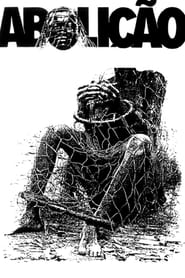 In 1988 the centenary of abolition of...
In 1988 the centenary of abolition of...Abolition 1988
In 1988, the centenary of abolition of slavery in Brazil, Zózimo Bulbul made this powerful historical analysis of racial issues in his country. This documentary provides an in-depth look through extensive archival researching and interviews of key figures who were involved in preserving black culture. Aside from historical testimony, this epic documentary also points to the current relevance of facing the racism that still confronts the black population in Brazil.
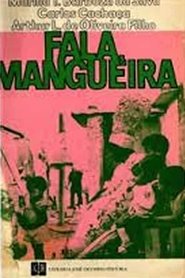 A documentary on the influence that...
A documentary on the influence that...Fala Mangueira! 1983
A documentary on the influence that carnival has on the daily life of the Mangueira hill in Rio de Janeiro. It follows the manufacture of the carnivals of 1981 and 1982, interviewing several residents who tell the story of more than half a century of the favela's existence and emphasizing its community importance and cultural, to the sound of the most beautiful sambas composed on Mangueira.
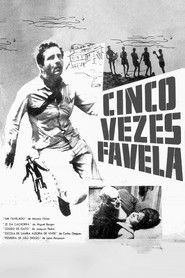 Five segments about the hardships faced...
Five segments about the hardships faced...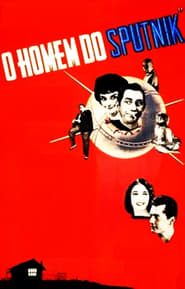 An UFO that could be the...
An UFO that could be the...